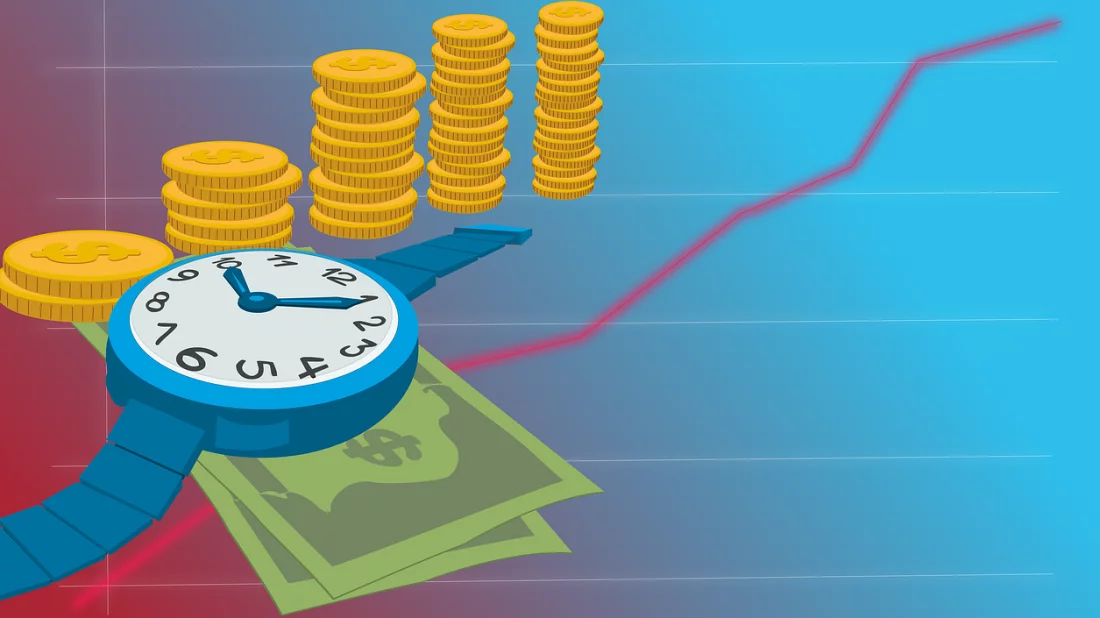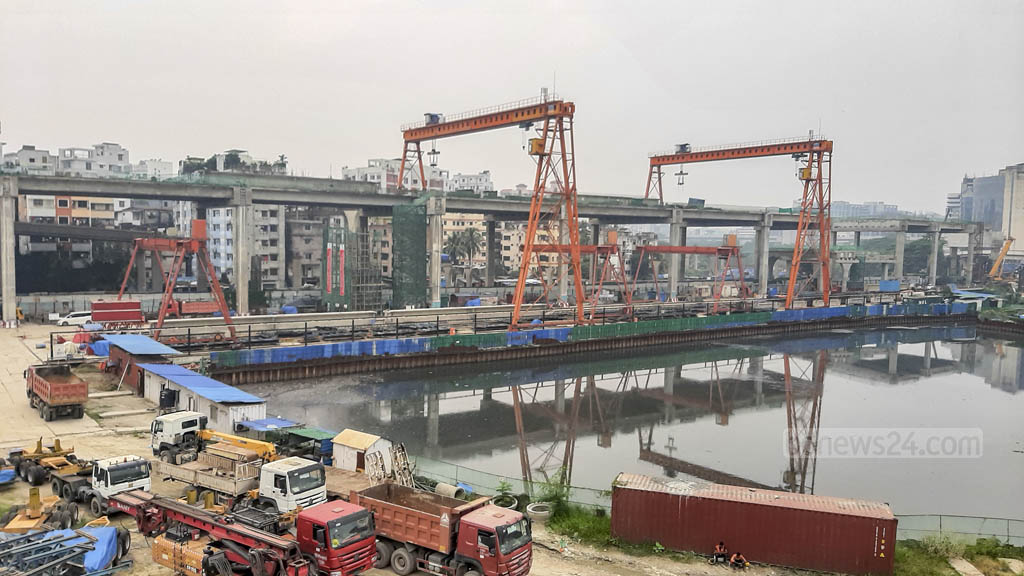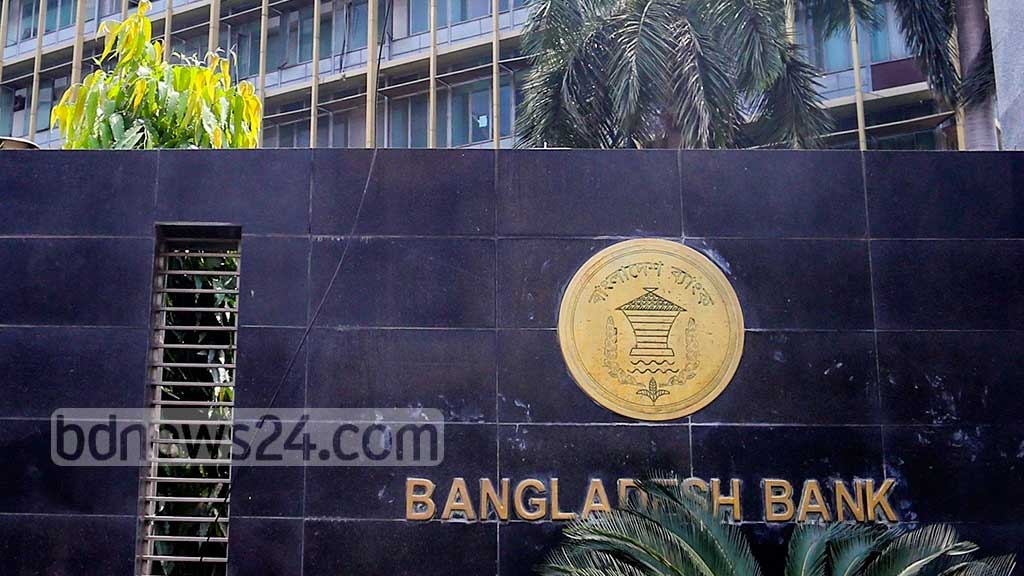One of the most crucial economic reforms that the interim government must focus on is how we go about our revenue collection. Yes, curbing inflation to ensure that prices of essentials remain under control is indeed more pressing in the here and now, but in the long term the administration has to fix our tax infrastructure as well.
Recently, the National Board of Revenue (NBR) reported a 26% growth in providing VAT registrations over the last six months. While that is indeed a good indicator that more businesses are now open to paying value added taxes, the announcement also comes with the caveat of revenue collection from VAT having dropped by 5.45% during the first half of the 2024-25 fiscal year.
The boost in registrations is due to a number of positive reforms which have incentivized business entities to go for VAT registrations, but the administration must do more to ensure compliance by businesses which are quite blatantly evading taxes. There is no justification for jewelry shops, who deal in exclusively luxury items, to continue to operate outside the VAT net — indeed, according to a recent Daily Star report, close to 80% of such businesses continue to evade paying VAT.
Of course, there is also the issue of our wider tax net being far too narrow even to this day, as seemingly fewer and fewer individuals are choosing to pay their taxes citing justified issues such as lack of ease in paying taxes and indeed the government’s continued lack of transparency in how our tax money is being spent.
While the interim government has proven itself fairly transparent in how it formulates its economic reforms, fiscal transparency is one key reform that it will need to codify if it hopes to bring back the public’s lost faith in our tax infrastructure. A failure to do so will mean our revenue collection continuing to be in the state of limbo that it has always been in.



